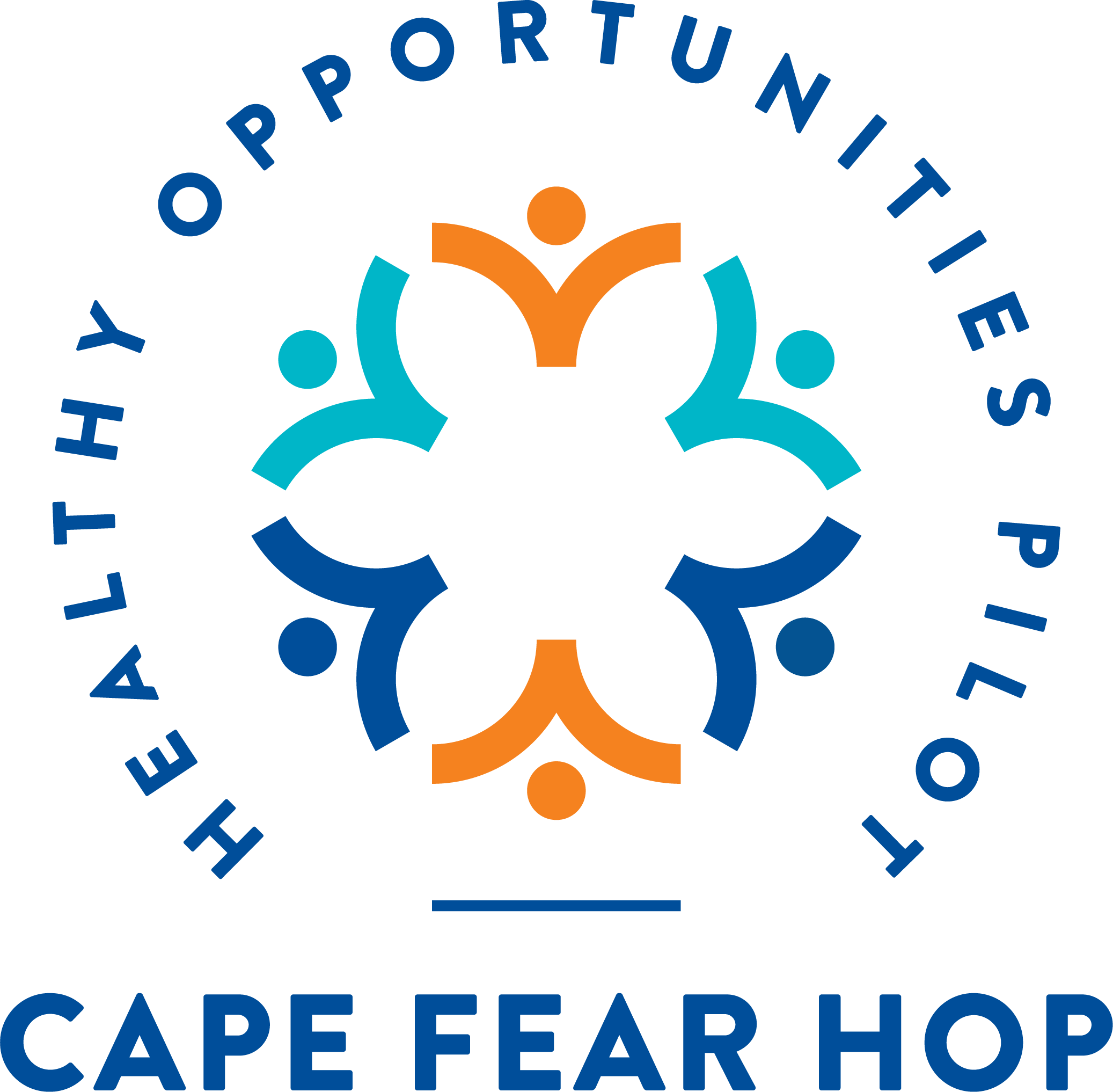
Dr. Davoria Berry, DSW, MSW, LCSW, LCASA, was born and raised in Southeastern North Carolina, it is her community that inspired her to become an expert in engaging key leaders to enhance the mental health services provided to rural counties. In 2006, Dr. Berry created an
organization, Community Support Agency, determined to bring awareness of trends and changes within the field of mental health services in the rural areas of New Hanover, Bladen, Brunswick, Columbus, and Pender Counties. While the prevalence of mental illness is similar between rural and urban residents, services available can be very different. Based on National Rural Health Association, rural areas face several issues when it comes to mental health: accessibility, availability, affordability, and acceptability. Dr. Berry is determined improve rural mental health through her agency, Community Support Agency. Community Support Agency provides behavioral health services to children, adolescents and adults with mental health, developmental disabilities and /or substance abuse needs.
According to the results from the 2020 National Survey on Drug Use and Health: Detailed
Tables, approximately 7.7 million nonmetropolitan adults reported having any mental illness (AMI) in 2020, accounting for 20.5% of nonmetropolitan adults. In addition, 1.8 million, or 4.8%, of adults in nonmetropolitan areas reported having serious thoughts of suicide during the year. According to the National Rural Health Association, the following factors are particular challenges to the provision of mental health services in rural communities:
- Accessibility – Rural residents often travel long distances to receive services, are less likely to be insured for mental health services, and providers are less likely to recognize a mental illness.
- Availability – Chronic shortages of mental health professionals exist, and mental health providers are more likely to practice in urban centers.
- Affordability – Some rural residents may not be able to afford the cost of health insurance or the cost of out-of-pocket care if they lack health insurance.
- Acceptability – Rural residents may be more susceptible to the stigma of needing or receiving mental healthcare in small communities where everyone knows each other and fewer choices of trained professionals can lead to a lack of faith in confidentiality, as well as a reliance on the informal care of family members, close friends, and religious leaders.
Recently, Community Support Agency has partnered with Community Care of the Lower Cape Fear’s Healthy Opportunities Pilot (HOP). HOP is an innovative new approach to test and evaluate non-medical interventions related to housing, food, transportations and Interpersonal safety and toxic stress (mental health) to eligible Medicaid enrollees. Community Support Agency will be providing the following services:
Interpersonal Violence Case Management Services: This service covers a set of activities that aim to support an individual in addressing sequelae of an abusive relationship. These activities may include Safety planning/management, assistance with transition-related needs, linkages to child-care, community based social service and mental health agencies, referrals to legal support, coordination of transportation and peer counseling.
Violence Intervention Services: Delivery of services to support individuals who are at risk for being involved in community violence (i.e., violence that does not occur in a family context).
Dyadic Therapy Services: Therapy to benefit a child/adolescent at risk for or with an
attachment disorder, a behavioral or conduct disorder, a mood disorder, an obsessive-compulsive disorder, post-traumatic stress disorder, or as a diagnostic tool to assess for the presence of these disorders.
Home Visiting Services: Evidence-based home visiting services are offered to families that may be a risk of disruption due to parental stress or difficulty coping with parenting challenges, or child behavioral or health issues. These services are also appropriate for newly reunited families following foster care and/or out of home placement or parental incarceration.
Post Hospitalization Housing: This service is a post-hospitalization housing short-term, not to exceed six months, due to individuals’ imminent homelessness at discharge from an inpatient hospitalization.
Health-Related Public Transportation / Case Management Transportation: Provision of
health-related transportation for Healthy Opportunity Pilot (HOP) enrollees through vouchers for public transpiration. This service may be furnished to transport HOP enrollees to non-medical services that promote community engagement, health, and well-being. In addition, reimbursement for coordination and provision of transportation for HOP enrollees provided by an organization delivering one or more of the following care management services: housing navigation, support and sustaining services, intimate partner violence case management, and holistic high intensity enhanced case management
Medical Respite Care: A short-term, specialized program focused on individuals who are
homeless or imminently homeless, have recently been discharged from a hospital setting and require continuous access to medical care.
The goal of this collaboration is to address social, environmental factors and behaviors making up 80% of a person’s health that tend to affect a person’s well-being. Dr. Berry loves her community. She has decided to bring her skill set back to her hometown in hopes to change the lives of her rural neighbors.

